15 Unique Last Minute Family Vacations

I find that planning the perfect family getaway doesn’t always require months of preparation. In fact, for us, sometimes the best memories have come from last-minute adventures. Having traveled with family on both quick escapes and longer trips, I’ve found that spontaneous vacations can be some of the most fun and rewarding experiences of all.
Over the years, we've discovered destinations that are easy to reach, family-friendly spots with plenty to do, and relaxing places where parents and kids alike can unwind. From beach getaways and national parks to lively cities, there are countless options for a stress-free, last-minute family road trip. Here are my absolute favorite last minute family vacation, and I think you’ll enjoy them too.
- Best Last Minute Family Vacations in the Midwest
- - Ann Arbor, MI - Emporia, KS - Birch Forest Lodge, MN
- Best Last Minute Family Vacations on the East Coast
- - New York City - Gettysburg - Washington, DC - Mays Landing, NJ - Catonsville, MD
- Best Last Minute Family Vacations in Southwest / Mountain West
- - Angel Fire - Conestoga Ranch - Lehi, UT
- Best Last Minute Family Vacations on the West Coast
- - Mount Hood Railroad - Brea, CA - Benton City, WA
Best Last Minute Family Vacations in the Midwest
Looking for a quick family getaway without the stress of long flights or months of planning? Here are my top ideas:
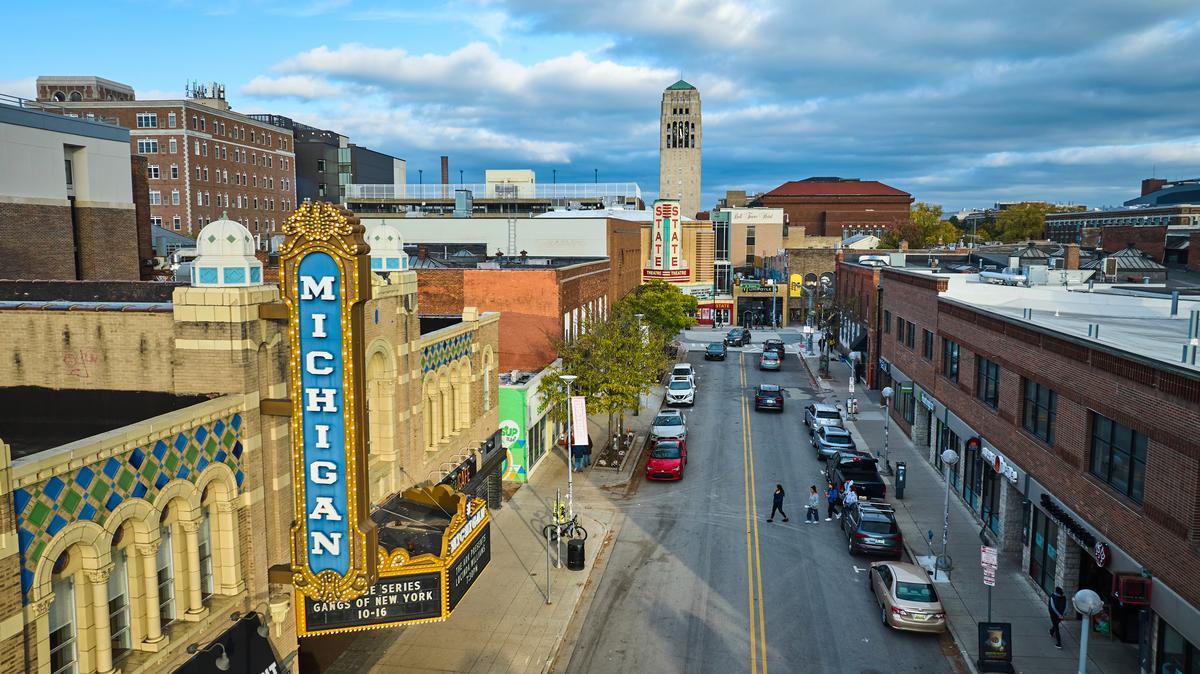
Ann Arbor, Michigan
For us, Ann Arbor is one of the easiest last minute family destinations that requires very little planning beyond airline tickets and a hotel room. Why? Simply put, this amazing city offers so many diverse attractions that you can literally change your mind at the very last minute and still create an itinerary that will make everyone happy.
Our first stop? My son and I spent two hours at the Ann Arbor Hands-On Museum, and I can honestly say it was one of the most joyful highlights of our trip.
Next, a brilliant idea we had was to stop at Blank Slate Creamery afterward, and that creamy, homemade ice cream was the perfect treat. I still think it’s one of the coolest and most underrated ice cream shops in the Midwest.
Kerrytown Market was another family favorite, filled with fresh food, crafts, and a local atmosphere that made our weekend getaway unforgettable.
Walking through the University of Michigan campus after lunch felt exciting, with its historic architecture and gardens. I thought that the Matthaei Botanical Gardens gave us a dreamy escape into nature and this place instantly became one of my favorite things in Michigan.
Local tip: take your family to The Hen Ann Arbor for breakfast pancakes - you won't regret it!
We checked into 4-star Graduate by Hilton Ann Arbor for two care-free days but there are many last minute accommodation choices on offer.
A downside? Just a heads up that there can be flight delays in the winter due to snow storms so keep an eye on the weather when booking your last minute trip!

Emporia, Kansas
Few people would consider Emporia, Kansas when making last minute vacation plans, and that's exactly why we love it. It's still quite off-the-beaten path, but very fun with kids and quite affordable too. Set along the rolling Flint Hills, this area is one of the most quietly beautiful stretches if you love nature, about 1.5 hours southwest from Kansas City.
Park downtown, where you'll find historic brick buildings, murals, and locally owned shops. Be sure to stop for coffee and pastries at Gravel City Roasters.
If your kids are restless, head to David Traylor Zoo of Emporia if you have little kids to let them have fun surrounded by animals and nature.
Bigger kids will appreciate visiting the National Teachers Hall of Fame. Learning about the educators honored there gave me a cool sense of perspective, and it reminded me how meaningful Emporia’s contributions are to the country’s story.
What I loved best:
Outdoors, we enjoyed exploring the nearby Flint Hills National Scenic Byway. The rolling prairies were absolutely spectacular, especially at sunset. We loved how easy it was to take in that wide-open Kansas beauty just minutes from town.

Pelican Lake & Birch Forest Lodge
Looking for a Midwest trip last minute and want to relax on a lake? Check out Pelican Lake near Orr (Google Maps pin) in northern Minnesota. To me, it felt like a hidden gem tucked away in the Northwoods. We drove about 4.5 hours north from Minneapolis to Pelican Lake and I instantly thought our journey was worth it!
You can enjoy some fantastic fishing with your kids here! Pelican Lake is known for its walleye, northern pike, and bass. There is also boating and summer canoeing. There is so much to discover here if you enjoy nature, with countless bays, islands, and winding shoreline! Just don't forget to look up to admire all those eagles soaring.

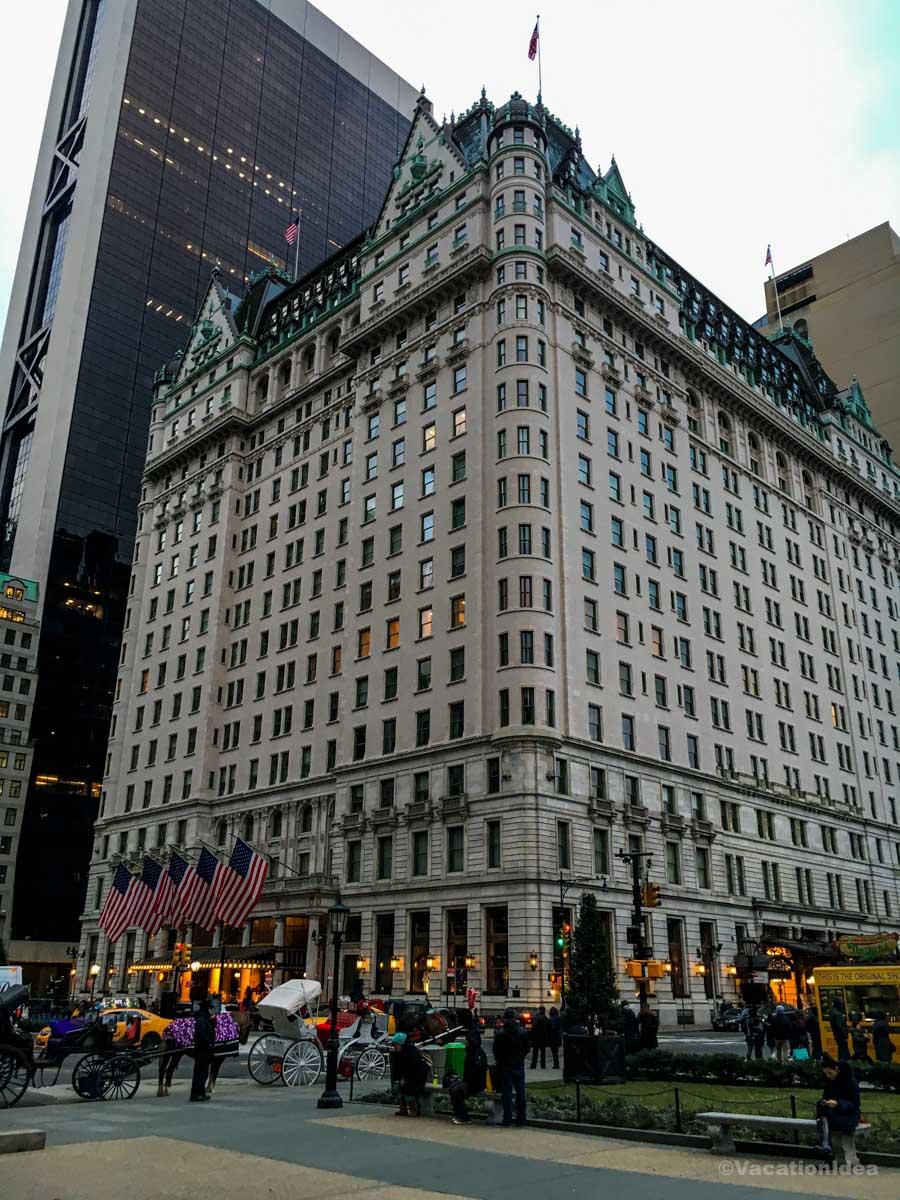
Things to Do in New York City with Kids
Ready for a last minute big city adventure? We lived in New York City for 10 years and have been back with our son more times than I can count! The city has plenty of hidden spots that are kid-friendly.
In Brooklyn, Private Picassos gave us a moment to slow down. We joined a family art class, nothing fancy, just a bright space, a few brushes, and the hum of kids deep in creative focus.
From there, we headed to Casa Kids, a design showroom to give you creative ideas for your kids' bedroom.
When you get hungry, BKLYN Larder is a fantastic stop for prepared foods, sandwiches, salads, baked goods (I like the Vegetarian Kale Caesar).
We ended the afternoon at Greenlight Bookstore in Fort Greene. I used to come here for author talks. This time, we went straight for the kids’ section.
What I loved best:
Tucked away in the heart of the city is one of the quirkiest, most delightful discoveries I’ve ever stumbled upon—The Museum of Interesting Things (be sure to get tickets in advance). The Museum of Interesting Things is a rare kind of experience: part pop-up exhibit, part performance, and entirely full of wonder.
Need a place to stay? Check prices at 4-star Park Central Hotel New York.
A downside? I have to warn you, though, that parking can be a challenge! Every time we return, I think that traffic couldn't be worse. I recommend not driving in the city. Subway is fast and affordable but can be a challenge with little kids. And even when you take a cab, trips take longer than anticipated due to traffic.

Gettysburg
We absolutely love Gettysburg, and visiting last minute is easy. This small Pennsylvania town is historic with natural surroundings. About 1.5 hours north from Washington, D.C., Gettysburg is the site of the pivotal Civil War battle in July 1863.
I recommend heading to the battlefields, and standing on those rolling hills where so much history unfolded. The monuments, trails, and scenic overlooks gave us a chance to reflect while also appreciating the quiet beauty of the countryside.
One of my favorite highlights was visiting the Gettysburg Diorama with our son. Seeing the entire battlefield laid out in miniature, with lights and narration bringing the three days of battle to life. It will give you a clear perspective and make everything you saw outside even more meaningful. It truly felt like a hidden gem for understanding the scope of Gettysburg.
Downtown Gettysburg is a must-visit too, especially when you get hungry. You can get great burgers at Blue & Gray Bar & Grill while surrounded by a Civil War theme.
There are many diverse accommodation options for families of all sized, from vacation rentals to hotels, so it's easy to go on a last minute vacation. Check prices at Gettysburg Hotel.
What I loved best:
Dinner at The Dobbin House Tavern. The 18th-century home is super unique and the food exceptional.
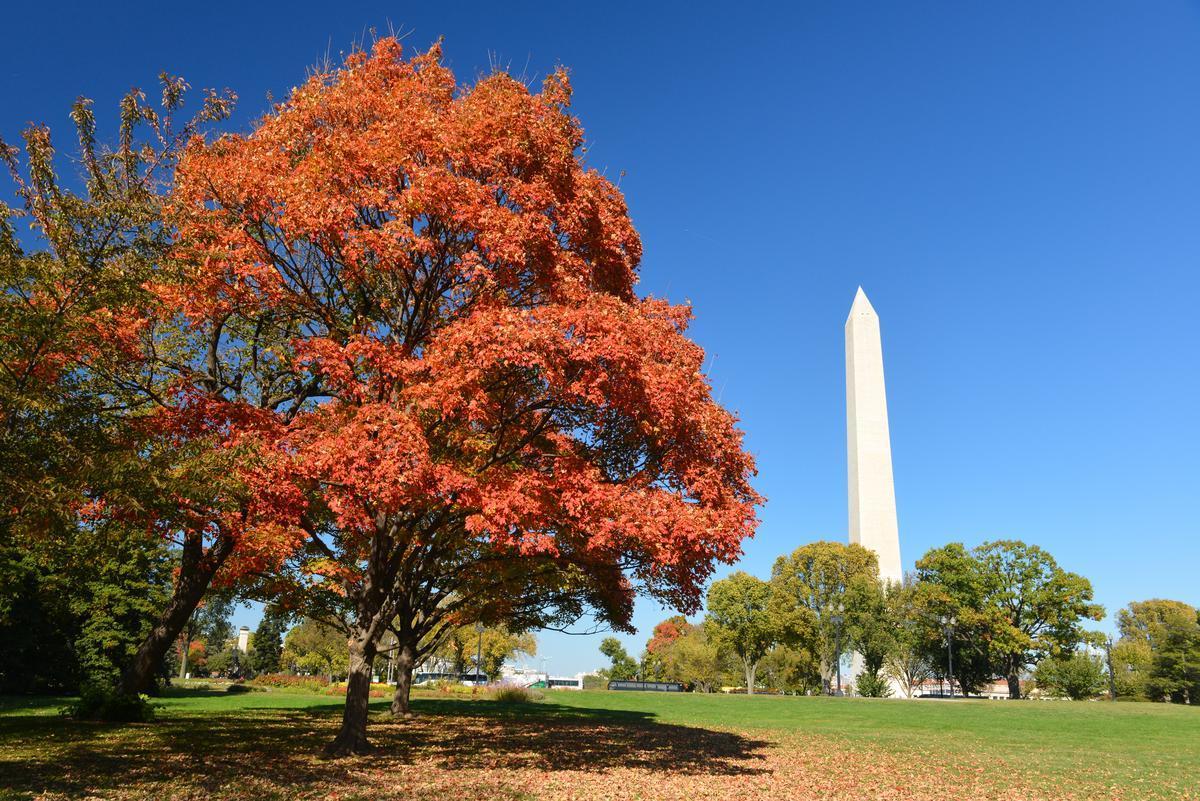
Washington, DC
If you want to give your kids first-hand experience of our nation's history, Washington, DC is a must-visit. Luckily, getting away to DC last minute is easy. If this is your first visit, I recommend joining a guided tour with a local guide. Yes, you will learn about history but also about the latest restaurant openings.
We love that getting around DC is easy thanks to the Metro system and well-connected bus routes. If you’re flying in, the Metro runs directly from DCA (Reagan National Airport) into downtown, which is quick and affordable. Depending on where you’re staying, you can use the Metro to move between neighborhoods like the National Mall, Capitol Hill, Georgetown, and Dupont Circle. I usually prefer public transportation here since traffic and parking can be frustrating.
If this is your first trip here, I think you should start with the classics: the monuments and museums along the National Mall never fail to impress. Standing before the Lincoln Memorial and gazing toward the Capitol felt absolutely spectacular.
But what I really enjoyed was discovering spots beyond the Mall. Visiting Dumbarton House in Georgetown was a highlight. The 18th-century Federal-style mansion, with its period furnishings and gardens, gave me a cool glimpse into early American life in a peaceful setting away from the crowds.
One experience I really enjoyed was a guided monuments tour, especially in the evening. Seeing the memorials lit up at night gives them a completely different feel.
Food was a huge part of the trip, and Washington, DC, delivered in the best way possible. We grabbed casual bites at Fish Taco, where the flavors were fresh, affordable, and full of personality. Dinner at Osteria Morini by the waterfront was spectacular, with pasta dishes that reminded me of Italy. For a touch of history, 1789 Restaurant in Georgetown was refined and timeless, while Founding Farmers & Distillers gave us that modern, lively farm-to-table vibe.
What I loved best:
Dinner at Old Ebbitt Grill to celebrate my cousin's birthday was our favorite highlight - oysters and classic American dishes are incredible in a historic setting.

Mays Landing, New Jersey
When we lived in New York for 10 years, Mays Landing is New Jersey (Google Maps pin) was a hidden family destination. With only about 2,000 residents, it's small and peaceful, located along the Great Egg Harbor River.
We loved how walkable the historic downtown felt, with unique shops, cozy cafés, and colonial-style architecture.
One of my favorite experiences was spending time at Lake Lenape Park. You can go kayaking, fishing, and picnicking in a beautiful setting. It's absolutely perfect for families.
Hamilton Mall is smaller than big-city shopping centers which makes browsing with kids stress-free.
Dining in Mays Landing was exceptional. Try juicy burgers and fries at family-friendly Freddy J's Bar & Kitchen.
For history lovers, the Atlantic County Historical Society is a must-visit.
Last but not least, you can add a side trip to Atlantic City, just 25 minutes by car.

Catonsville, Maryland
Looking for an easy small town destination near Baltimore for a last minute family day trip? Catonsville (Google Maps pin) is a standout! Instead of driving, catch an MTA bus from Baltimore to Catonsville (about 30 minutes, $2 one way). From the stop on Frederick Road, head down main street and grab coffee and a snack for kids at a bakery.
Known as “Music City Maryland,” Catonsville has a lively atmosphere that's perfect for a relaxing day out. My son always enjoys visiting a farmers market and Catonsville's didn't disappoint. We found homemade treats, and cheerful vendors.
If your kids have energy to burn, visit Patapsco Valley State Park, hike on the trails, see waterfalls, and have a family picnic.
Best Last Minute Family Vacations in Southwest / Mountain West
Whether you’re looking for hiking, scenic train rides, or relaxed mountain towns, these destinations deliver big adventure with minimal planning.

Angel Fire
In the mood for a last minute trip to the Southwest? This mountain resort, tucked into the Sangre de Cristo Mountains of northern New Mexico near Taos, felt like the best last minute family mountain escape from the moment we arrived. We drove about 2 hours northeast from Santa Fe to Angel Fire (Google Maps pin), a high-mountain village in the Moreno Valley of the Sangre de Cristo range.
In winter, you can hit the slopes at Angel Fire Resort. The trails are family-friendly yet exciting, with spectacular mountain views at every turn. It's much less crowded than some of the bigger resorts, giving us more room to truly enjoy the snow.
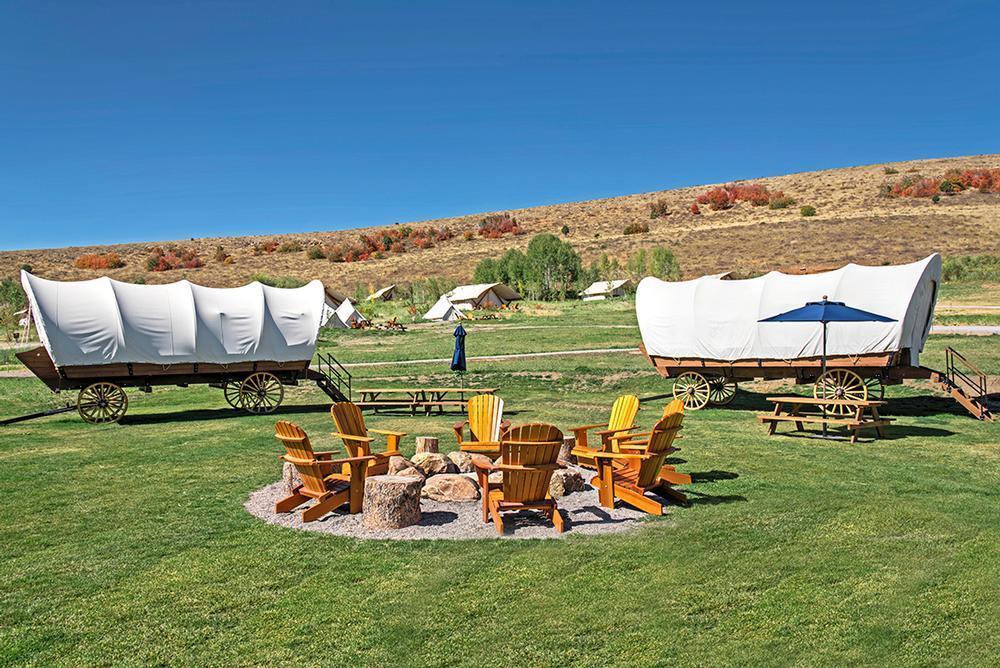
Conestoga Ranch - Garden City, Utah (Bear Lake)
Interested in a last minute family ranch vacation near Bear Lake? Conestoga Ranch is a standout! Why? Accommodations here are super fun for kids. You can book a stylish Conestoga wagon or a spacious luxury tent, the choice is yours.
We found the location to be unbeatable, just minutes from Bear Lake, which made mornings by the shore feel magical.
The on-site Campfire Grill Restaurant quickly became our go-to, serving hearty meals and local favorites that made every evening feel special.
For families, the lawn games, fire pits, and wide-open spaces are some of the best features, keeping everyone entertained and connected.
We loved relaxing by the fire at night, roasting marshmallows, and gazing at the endless starlit sky—it was my favorite moment of the trip.
What I loved best:
For me, Conestoga Ranch is one of the best Southwest vacations because it's scenic and unique!
Guided activities and easy access to outdoor adventures, from boating and paddleboarding to hiking in the nearby mountains were my personal highlight.
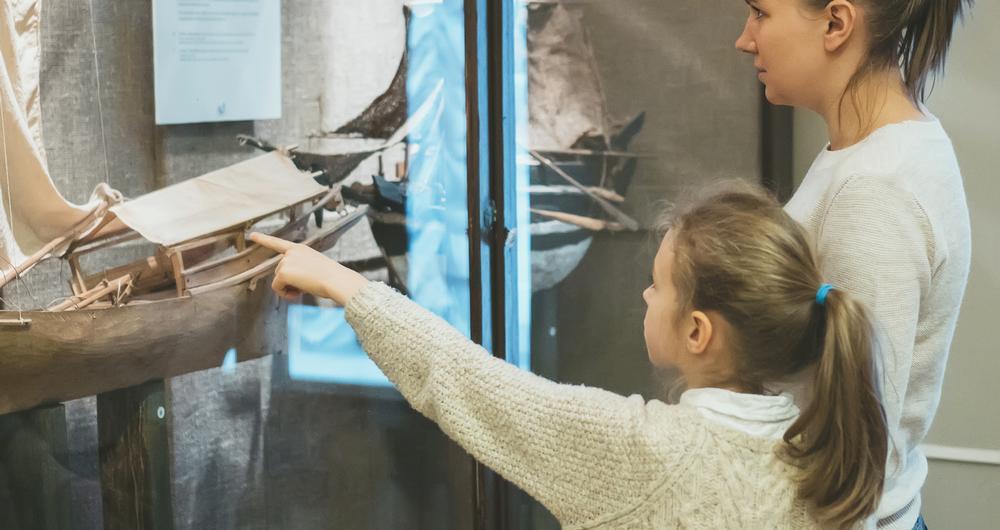
Lehi, Utah
This is a cool last minute day trip from Salt Lake City, about 30 minutes by car. The city was actually founded in 1850 and is one of Utah’s oldest settlements!
One of our favorite highlights was Thanksgiving Point, a spectacular complex that truly had something for everyone. From the Museum of Natural Curiosity, where kids could explore hands-on exhibits, to the Museum of Ancient Life with its massive dinosaur displays, it felt like a hidden gem packed with discovery. I especially loved wandering through the Ashton Gardens, where peaceful paths and colorful blooms made it the coolest outdoor retreat.
For a place to stay overnight, check prices at Hilton Garden Inn Lehi.
What I loved best:
Historic downtown Lehi was my favorite highlight, where the small shops and cafés gave us a warm sense of community.
Best Last Minute Family Vacations on the West Coast
When flexibility matters, the West Coast delivers. With major airports, drivable destinations, and a wide range of family-friendly accommodations, it’s an ideal region for last-minute travel.

Mount Hood Railroad
This is one of my favorite family excursions in Oregon because it offers such a perfect blend of scenery, nostalgia, and easy adventure. I loved seeing my son's face when the journey carried us through orchards, forests, and mountains, creating a joyful experience.
We drove about 1.5 hours east from Portland along the Columbia River Gorge to Hood River, home of the Mount Hood Railroad.
We boarded in downtown Hood River, and the vintage train immediately gave us the sense of discovering a hidden gem. The restored cars, and nostalgic atmosphere completely won me over.
What I loved best:
One of my favorite parts was learning about the history of the railroad and its role in the region. Hearing stories of how it once carried goods and people through the Gorge made the ride even more meaningful.

Lake Placid, NY
Craving a relaxing weekend near the lake? Check out Lake Placid, a real standout! You can look forward to family-friendly activities, delicious food and relaxing on the water.
Cozy up by the fireplace, soak in a whirlpool tub, or stroll along the lakefront together while staying at Golden Arrow Lakeside Resort. In the winter, ski the slopes, and in the summer hit the trails, or paddle across Mirror Lake just outside your door.
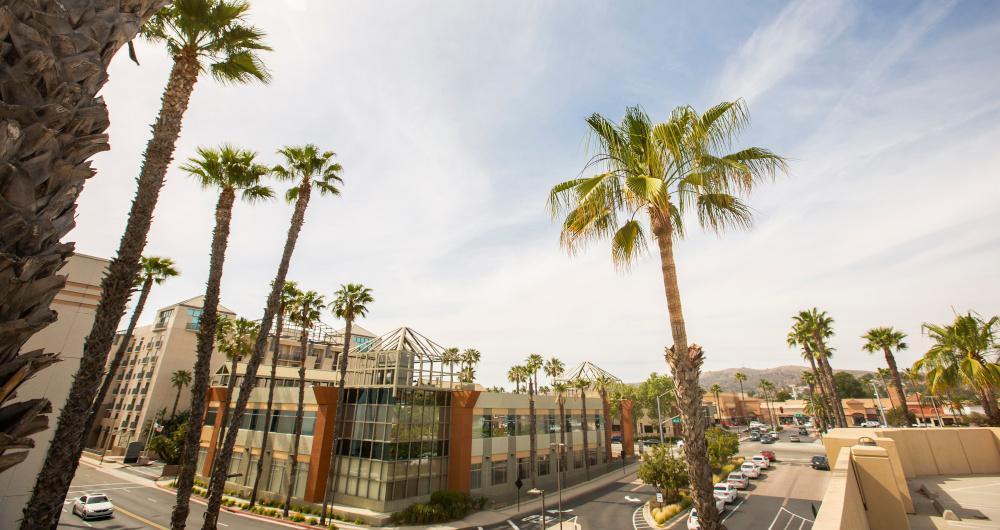
Brea, California
Getting out of LA is always fun on a family vacation and Brea (Google Maps pin) makes it easy to relax. This is such a an underrated family destination, and I was amazed at how quickly it became one of my favorite last minute getaways in Orange County.
Just about 30 miles southeast of Los Angeles, it felt like a cool hidden gem that gave us all the fun of the region without the overwhelming crowds.
We loved exploring the Brea Mall, which turned out to be an awesome mix of stylish shops, cozy cafés, and plenty of space to wander with the kids.
The Brea Art Gallery was a joyful surprise, with colorful, unique exhibits that made the experience feel exciting and creative for the whole family.
Spending the afternoon at Carbon Canyon Regional Park was my absolute favorite. We found peaceful trails, shady picnic spots, and even a grove of redwoods that felt magical in Southern California.
Food was another highlight; I loved how Brea’s restaurants ranged from affordable family diners to vibrant Mexican eateries.
Walking through downtown, we stumbled on murals and public art that gave the city a cool, lively energy.
What I loved best:
Catching a show at the Curtis Theatre added a brilliant cultural touch to our family getaway.

Benton City, Washington
Another West Coast favorite of mine, we loved how peaceful and welcoming this city felt.
From Yakima, we drove 70 miles southeast (about 1 hour 15 minutes on I-82) to Benton City, a small town of around 3,400 on the banks of the Yakima River. Founded in the early 1900s as part of an irrigation project, Benton City’s roots are agricultural, with historic farms and orchards still shaping the landscape which I found very beautiful.
This is such an awesome family-friendly destination with nature trails, river fun, and plenty of space to relax together.
Fishing on the Yakima River turned into an exciting adventure for us. The sunsets by the water are definitely worth waiting for before heading to dinner downtown.
A joyful surprise was discovering local farms and markets, where we picked up fresh fruit and homemade treats that made our picnic afternoons ideal.
I recommend driving 20 minutes to nearby Richland and visit Reach museum which was incredibly fun for our son with its exhibits from Ice Age to the Atomic Age and beyond. We all learned a lot about the Mid-Columbia River Region there.
What I loved best:
For me, Benton City is one of the best last minute family vacation destination.
Affordable and easy to access, which made it perfect for a quick weekend getaway with family.


Booking Checklist
1. Book Your Flight - I use Expedia because I like their mobile app with my itinerary. They've helped me re-book flights on many occasions. Once you reach their Gold tier, support is especially good.
2. Book Your Hotel - I use Booking.com or Expedia, depending on my destination.
3. Book Your Rental Car - I use Expedia.
4. Book your tours on Viator or Get Your Guide.
5. If you are planning to visit more than three national parks in the next 12 months, we've found that buying the America the Beautiful Pass is cost effective.
